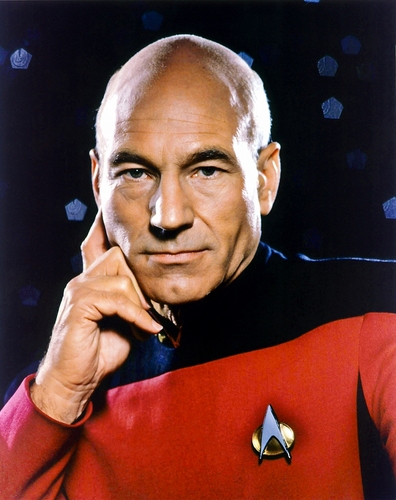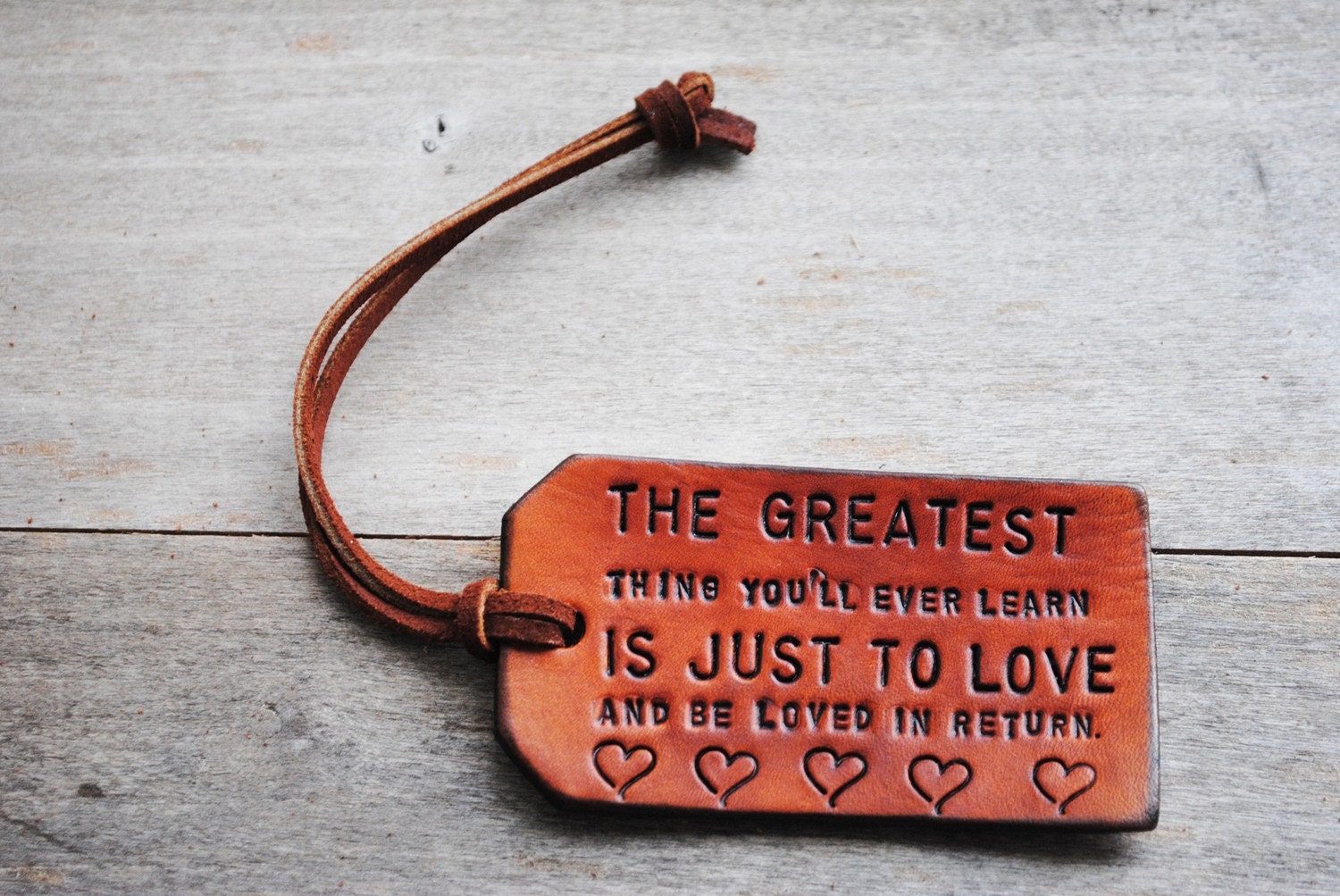Last week, I changed my Facebook timeline picture to this:
And added the following comment:
“This is Mars. Sometimes I feel like I was born there. Or that some people would like me to move there.”
I’ve been thinking a lot about that photograph since then… While I obviously don’t think I actually came from Mars, I have been aware for much of my life that I think a little differently than most people I know. I’m not suggesting this means I’m anything special. I don’t think I’m particularly smart. I have mediocre creativity. Am not an expert or close to it at anything. But I do tend to think about things, at least it would seem, differently than most people I know.
Mostly, this has been somewhat of a curse.
One way in which this has become more apparent to me is during my relatively recent discovery that I’m a Classical Liberal (aka a Libertarian). I’ve never identified fully with Democrats or Republicans, or if I think back to my days as a Christian, I never completely identified as a Lutheran, or whatever. There were elements of those ideologies I agreed with and elements I disagreed with, but none of them completely represented my worldview in a way that felt “me.” I just tried to determine what ideas made the most sense to me, and rolled with it. This spilled over into adulthood as I have tried to navigate the world of workplace norms and cultures (P.S. its a lot like high school), where I found myself not conforming as much as I probably should have to make life smoother sailing. Combine a weird way of thinking with a strong sense of personal integrity and life can be a bit explosive and heart-wrenching.
I remember a college class I took within my major field which was Sociology/Criminology. The professor talked about his views on drug legalization. He seemed to be saying he thought taking drugs was unwise, but that people should be free to do it, and that if they hurt others, they should pay the consequences heavily for it, but otherwise, should be left alone. I’ve come to understand this as a variation of a Libertarian viewpoint. Before he explained this theory, I would not have agreed with it, but after he gave a coherent and convincing argument, I began to see it his way, and have largely come to adopt his position as my own on that particular topic, especially as personal liberty has become one of my highest priorities in my world view. But at the time, I assumed his position must be a liberal position, since, you know… most academics are liberals, and of course he was advocating for drug use in some round about way. No conservative would be on board with that! But I would come to learn that this way of thinking (pro-drug legalization for complex reasons) was strongly ridiculed by both ends of the political spectrum, which surprised me. To me, after pondering the reasoning, rooted in a pro-choice-esque ownership of one’s body, and learning more about the horrific consequences of drug prohibition, it just made sense. It would be years before I heard the term “libertarian.”
[easyazon-image align=”right” asin=”B001B5VPXY” locale=”us” height=”160″ src=”http://ecx.images-amazon.com/images/I/41EyXD%2B7%2BfL._SL160_.jpg” width=”113″]I’ve always managed (unwittingly) to adopt viewpoints from one of the least popular angles. I assure you, I don’t go out of my way to do so. Ok, that’s partially true if I think about it more. I do go out of my way to consider the unconventional position, but I don’t go out of my way to actually buy into it. I think it is partially that obtuseness to labels that brings me to those ideas in the first place. Even now, as I’ve embraced the idea of being a “libertarian,” (though I think Classical Liberal sounds cooler, smarter, and less stocking up for the Zombie Apocalypse evoking) and freely call myself one, I am hesitant to adopt the label completely. I worry it will fence in my thinking, and subconsciously lead me to believe things because I think I should in order to fit in. Libertarianism is the easiest way to explain many of my general political positions, but it in no way fully encompasses who I am or what I believe in. And who knows, in the future, the word may not explain anything about me, much in the way that Christianity no longer does, except to explain my past, and the path to who I am now.Anyway, this blog post is not meant to be about any specific ideas I do or do not believe in. Its about being a Martian living on the  Earth. The paradox for me is while I tend to think about things in an uncommon way (at least uncommon in my real life circles), I don’t necessarily like being such a misfit, yet I cannot force myself (nor would I want to either) to believe what I don’t believe. Learning that I no longer believe in god has been painful. It would have been much simpler had I remained a believer the rest of my life. True, there are apostates and non-believers who have it much worse than I do. Much, much, much worse (like I rarely worry about being stoned to death for my apostasy, and usually never worry about going to jail for it since I don’t live in Kentucky or in Indonesia), but as someone who longs to fit in, but who never has, this has not been an easy row. It amuses me when occasionally someone will speak of my “chosen belief system” or say to me “you lost faith” or thinks I am willfully trying not to believe in god. What led me to unbelief was starting out as a Christian, and wanting to learn more about my faith so that I could be a good apologist and advocate for the faith. I dreamed of being the biblical archaeologist who finally proved everything in the bible was true. That fervent faith and dream is what led me to agnostic atheism, which in turn adds to the way in which I see the world differently from my peers, which adds to the way in which I am a Martian.
Earth. The paradox for me is while I tend to think about things in an uncommon way (at least uncommon in my real life circles), I don’t necessarily like being such a misfit, yet I cannot force myself (nor would I want to either) to believe what I don’t believe. Learning that I no longer believe in god has been painful. It would have been much simpler had I remained a believer the rest of my life. True, there are apostates and non-believers who have it much worse than I do. Much, much, much worse (like I rarely worry about being stoned to death for my apostasy, and usually never worry about going to jail for it since I don’t live in Kentucky or in Indonesia), but as someone who longs to fit in, but who never has, this has not been an easy row. It amuses me when occasionally someone will speak of my “chosen belief system” or say to me “you lost faith” or thinks I am willfully trying not to believe in god. What led me to unbelief was starting out as a Christian, and wanting to learn more about my faith so that I could be a good apologist and advocate for the faith. I dreamed of being the biblical archaeologist who finally proved everything in the bible was true. That fervent faith and dream is what led me to agnostic atheism, which in turn adds to the way in which I see the world differently from my peers, which adds to the way in which I am a Martian.
BTW, isn’t this little rover just the cutest thing you’ve ever seen? If you’re not already, you should follow its Twitter feed @MarsCuriosity.
As an introvert, who loves discussion and debate the way a pothead loves snack food, I can only say, thank goodness for the internet and the power of numbers! While not perfect, the internet – this blog, social media, other forums – has allowed me to connect with other freaks in the world and share battle cries. I would love if more readers found and interacted on this blog, and maybe one day that will happen. If you remember back to my blog on introversion, you’ll remember introverts aren’t antisocial, just differently social. Contrary to popular belief, introverts aren’t all, or mostly, socially inept. And many of us even like people.

The ridiculously sexy Captain Jean-Luc Picard, Star Trek: The Next Generation, after he read the phone book to me and I died of happiness.
Though, I’ll admit to being more on the socially shy side of introversion than many others, I hate chit-chat, small-talk, fluff, so those early stages of making new friends can be challenging for me. Yet, I would LOVE to find more people in “real life” who share my love of deep discussion, and willingness to ponder and explore topics from unpopular vantage points. As much as I love writing, and think I’m best when I can sort out my thoughts on a page, there is nothing like sitting at a place with amazing atmosphere, with great food, with a great friend, talking for hours about anything and everything, from who is the best Star Trek Captain (Picard, duh!) to why we exist in the cosmos. I cherish those moments with friends, and would love to have even more of them, as I feel like they are few and far between these days as life becomes more complicated.
I only hope I don’t have to move to Mars to have more of them.
Cheers,
PersephoneK












 Last week
Last week 



